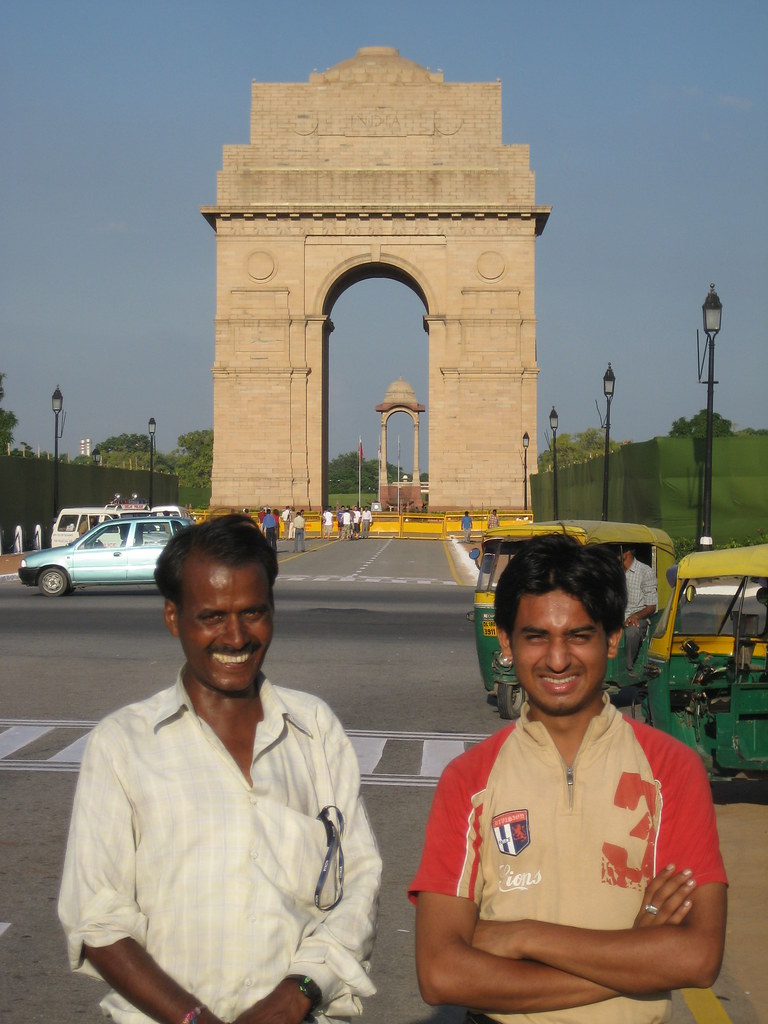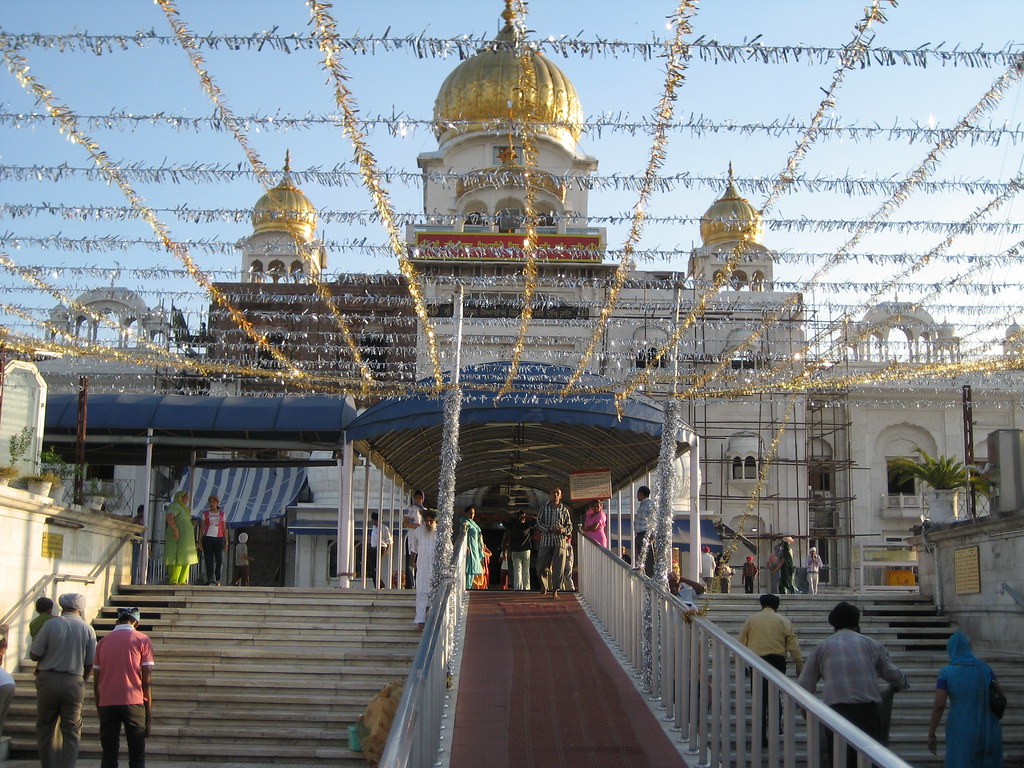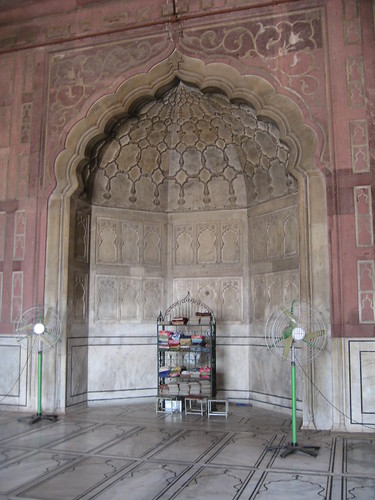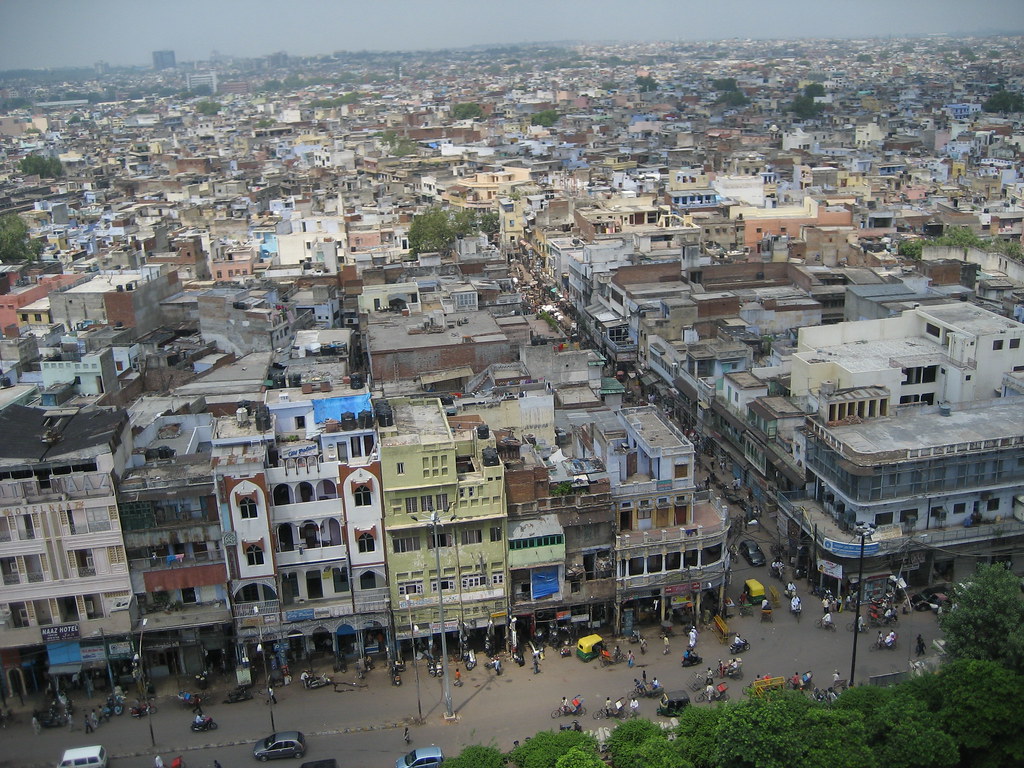 The joy of talking to random people is rarely lost on me. I like to ask questions and then verify my newfound info on other unsuspecting souls. In some situations, I feel as though I’m entertaining myself (and them as well). In others, replies vary so widely that I continue to appeal to more people in an attempt to reach some sort of consensus.
The joy of talking to random people is rarely lost on me. I like to ask questions and then verify my newfound info on other unsuspecting souls. In some situations, I feel as though I’m entertaining myself (and them as well). In others, replies vary so widely that I continue to appeal to more people in an attempt to reach some sort of consensus.
The latter was certainly in effect this past Saturday morning as no one seemed to no where the post office was. Contradictory responses had me retracing my steps.
Eventually, one young loiterer confidently directed me toward my desired destination. He seemed honest enough and it turned out that he also knew where the office was.
I went back to thank him and chat a bit: “So, is this your job? I go to post office, come back, and you still here.”
“No. Well, this some time job. I take tourist to shop and shop pay me commission. I am Tariq.”
Considering that I wasn’t all that interested in shopping, I figured I’d have him help me plan out my day.
“Birla Mandir temple is nice?”
My guidebook had told me it was Orissan-style, whatever that meant, with soaring domes. Something about the description sounded indecent -- I was interested.
“Yes. You go?”
“I think…” I often deem it unwise to give too much credence to a local person's estimation of whether a visit to a specific sight is worthwhile or not. With language and cultural barriers, our impressions of any given sight may be drastically different. What interests me about India is the colorful, the spiritual, the sensory overload. One Indian friend, prompted about potential destinations to visit in my free time here, suggested a steel plant. Another mentioned a coal mine.
“You got to Mandir temple?" he continued. "I take you. Free. I honest. First go to shop, then temple, ok?"
Such attendants, widely referred to as touts, receive the equivalent of 100 rupees (~$2) in the form of a coupon – often for gas credit – to bring business to the plethora of shops nestled amidst the major landmarks in the Delhi area. You go to the Gandhi Museum and just two short blocks away tucked in behind a minister’s house or a rich kids’ school is a store. I’m not referring to a modest stand overloaded with trinkets, but rather an operation, an emporium replete with hundreds of thousands of dollars of merchandise: gold and silver necklaces, rings, toe-rings, anklets; precious and semi-precious gems; bronze and terracotta images of deities; musical instruments; paintings; silk, saris, and textiles; and carpets.
I had to hand it to him. I wasn’t prepared for the ol' honesty shtick. “Ok. One shop. No money. No buy. No problem? They pay you?”
“No problem,” he replied. A minute later he had recruited Gupta, an auto-rickshaw wallah (driver) to take us there in his chariot.
I had imagined this whole process would take half an hour. We go to the store, I wander a bit, they get paid, and then they take me to the temple. By the time I had visited the third shop, without seeing any temples, we were on the other side of town. Just when I had started to think it a rather shady affair, they gave me free rein to go anywhere I wanted. I mentioned a place or two that we had passed along the way and they took me and showed me around. That became our routine: half an hour in some shops and then an hour of sights.
After arriving at a shop, Gupta would say: “Just 10 minutes,” and flash his vast smile, bidi smoke curling around the sides of his face. “Ok. Five minutes. Please. Thank you.”
 Twenty minutes later I would walk out and deposit a newly-acquired business card into the center console of Gupta’s rickshaw. He would then show me his coupon. The three of us would try to suppress our smiles until we had at least gotten the vehicle moving.
Twenty minutes later I would walk out and deposit a newly-acquired business card into the center console of Gupta’s rickshaw. He would then show me his coupon. The three of us would try to suppress our smiles until we had at least gotten the vehicle moving.
"Gupta, pashmina carpet for your lady,” I would call, motioning to the card.
“Ahhh, yes,” he would respond with a raspy laugh, conscious that he would need more than six months of income to buy one of those.
I don’t remember the first shop that well, nor the second for that matter; in fact, the eight or so that I visited over the course of that day have all melded together in my head. I do, however, recall wandering around, surrounded by hundreds of mini-Ganesh statues, trailed by overly assertive shopkeepers:
“Come look at the gold jewelry, sir. Something nice for your lady.”
“This will look great in your palace.” Was he referring to the three-bedroom apartment I had shared back in Cambridge?
“Special deal today... Only for you, sir.”
For some reason, I gravitated toward the carpets. At first I couldn’t tell wool from silk. By the third or fourth shop, I had gotten a hang of the lingo.
I went from saying, “I think maybe a red carpet,” to “I prefer the Afghani and tribal designs,” “How many knots per square inch does this one have?” and “Are you sure these are natural dyes? They look chemical to me.”
The more knowledge I professed, the deeper in I would get. They would narrow it down to a choice of three to five or so and then would assure me "a very special deal.”
I was forced to reach a bit deeper down into the bag of tricks: “I like this one, but the problem is that I need to ask my wife. She knows the exact size we need and she has different tastes than I do.”
“But where is she? In America, no?”
“No, she’s with friends at the hotel…The Sheraton,” I allowed, citing one of the most expensive places in town.
“But sir, she will be very happy when you bring this beautiful piece to her.”
“That’s not how the American woman works. My wife wants a hand in the process.”
“Ok. You buy the one you like and then you can come back and exchange it for another. No problem.”
I would then ask for their business card and inquire as to what time they closed, and they would feign dejection and supply me with the information.
Although I went to more shops than I had anticipated, I got to see a remarkable amount of Delhi and its sights: the Mahatma and Indira Gandhi museums; India Gate, an Arc de Triomphe-like structure commemorating Indian soldiers lost in WWI and the Afghan Wars; the president’s house and parliament house; Gurdwara Bangla Sahib, a gold-topped Sikh temple; and the Delhi polo club and horse racing track to name a few. They also took me to Birla Mandir, the temple I had originally wanted to visit, and thanks to the multiple vendors shoving postcards in my face, I could see the temple wasn't all that sweet. I never even emerged from the rickshaw.
 And it was all free. We gallivanted around town on the dime of rich Delhiites, and my new friends, Gupta and Tariq, were left with something left over to take home to their families. I hardly felt like a modern-day Robin Hood, but it was probably as close as I’ve been in a while. As Tariq had told me at the start: “You help us. We help you.”
And it was all free. We gallivanted around town on the dime of rich Delhiites, and my new friends, Gupta and Tariq, were left with something left over to take home to their families. I hardly felt like a modern-day Robin Hood, but it was probably as close as I’ve been in a while. As Tariq had told me at the start: “You help us. We help you.”
Now, armed with their phone numbers, I just have to figure out how to get them to drive me around without taking me shopping, allowing me to pay the non-tourist price. That, perhaps, would be true friendship.
You can make your own at:
.jpg)
.jpg)






